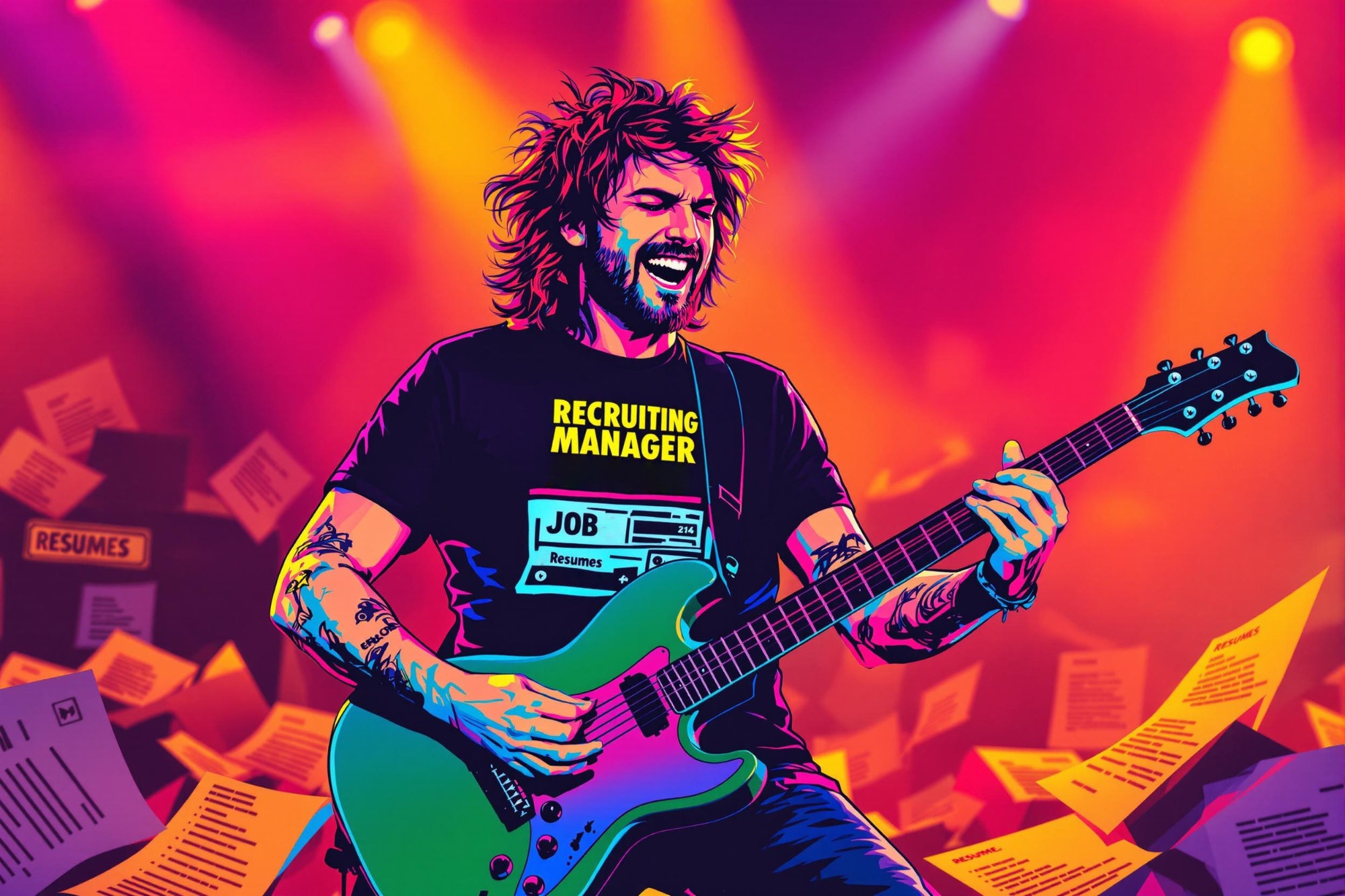
B-Roll
B-Roll is a term used in video and television production that refers to the extra footage filmed to enrich the main story and provide visual variety. Think of it like the supporting visuals that play while someone is being interviewed or narrating. For example, if there's a news story about a new restaurant, while the owner is talking, you might see shots of the kitchen, dining room, or food being prepared - that's all B-Roll. It's essential for any video production because it helps tell the story visually and makes the final product more engaging. When someone lists B-Roll experience on their resume, it means they know how to plan, shoot, and select these supplementary visuals that make videos more professional and compelling.
Examples in Resumes
Filmed and edited B-Roll footage for over 50 local news segments
Directed camera crews in capturing B-Roll and Background Footage for documentary series
Managed extensive B-Roll library of 1000+ hours for reality TV production
Typical job title: "Videographers"
Also try searching for:
Where to Find Videographers
Professional Organizations
Online Communities
Job Boards
Example Interview Questions
Senior Level Questions
Q: How do you plan B-Roll coverage for a large-scale production?
Expected Answer: A senior candidate should explain their process for identifying key visual needs, coordinating with multiple camera crews, managing time efficiently, and ensuring all necessary supplementary footage is captured while staying within budget.
Q: Tell me about a time when you had to solve a major B-Roll crisis in post-production.
Expected Answer: Look for examples of problem-solving, like when crucial B-Roll was missing and they had to either reshoot, find creative alternatives, or repurpose existing footage to tell the story effectively.
Mid Level Questions
Q: What factors do you consider when shooting B-Roll?
Expected Answer: They should mention lighting conditions, movement, framing, variety of shots (wide, medium, close-up), and how the footage will fit with the main story.
Q: How do you organize and catalog B-Roll footage?
Expected Answer: Should demonstrate knowledge of file organization, labeling systems, and how to efficiently store and retrieve footage when needed.
Junior Level Questions
Q: What is B-Roll and why is it important?
Expected Answer: Should be able to explain that B-Roll is supplementary footage used to enhance the main video content and make it more visually interesting.
Q: What basic equipment do you use to capture B-Roll?
Expected Answer: Should be familiar with basic camera equipment, stabilization tools, and understand the importance of steady shots and good composition.
Experience Level Indicators
Junior (0-2 years)
- Basic camera operation
- Simple shot composition
- Following shot lists
- Basic editing software knowledge
Mid (2-5 years)
- Independent B-Roll planning
- Advanced camera techniques
- Lighting setup
- Efficient footage organization
Senior (5+ years)
- Production planning and oversight
- Team coordination
- Creative problem-solving
- Budget management
Red Flags to Watch For
- No experience with professional camera equipment
- Unable to provide examples of past B-Roll work
- Lack of understanding about lighting and composition
- No knowledge of video editing software
Related Terms
Need more hiring wisdom? Check these out...

Step Into Our World: How Pre-Recorded Virtual Workplace Tours Are Changing The Recruitment Game

Resume Screening Reinvented: 9 Unconventional Strategies to Discover Top Talent Hidden in Plain Sight

When Job Ads Dance: Why Your Next Hire Might Come From a 20-Second TikTok

